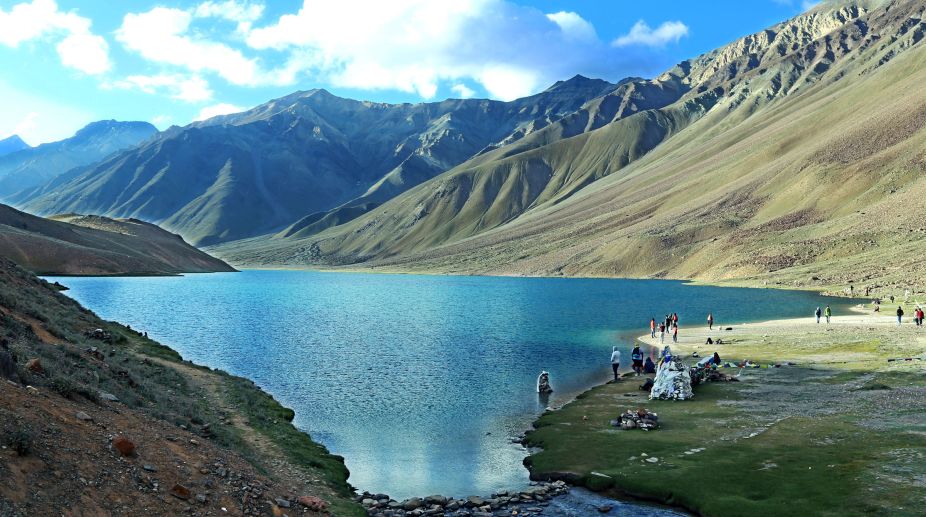The tribal folks in the Lahaul Spiti district of Himachal Pradesh celebrate independence in more ways than one on 15 August.
It marks a tribal fair that always gives the youth in Lahaul valley a freedom to avail the ‘socially acceptable opportunity’ to ‘elope with their beloved’ and tie the nuptial knot.
However, with education and exposure, the confident young tribals in Lahaul are shedding this ‘traditional liberty’ to ‘run away’ and win legitimacy for marriage as they find it ‘embarrassing and cumbersome’.
However, some cases of missing boys and girls are still reported in the three-day tribal fair (14-16 August) at Keylong and they are all exciting stories of romance that may not have ‘happy ending’ always.
According to locals, the elopement is planned and executed very carefully.
If the boy and girl are caught while escaping, the boy stands the risk of being bashed up by the crowd and there is a chance that the parents of the ‘to-be-bride’ refuse to marry her for this efficacy.
The concept of this age-old tradition, wherever followed, too, has evolved with awareness. “Earlier the nature of elopement was more like kidnapping where the boy would force the girl of his choice to marry him. These days, it includes the consent of the girl, which is normally done to avoid the expenditure involved in traditional marriage,” said Mohan Lal, 78, of Kardhaan. Two of his sons chose this way to get married.
“One of them took to this route after we showed some resistance for the marriage with the girl he wanted to be his wife,” Mohan Lal shared with a smile on his face.
The phenomenon also finds favour with girls, whose parents refuse to marry them to the boy of choice, for whatever reasons.
But this tradition has it, once the girl runs away the boy of his choice aptly during the fair and changes clothes of her ‘parental side’ (maika), it becomes a social binding on parents to accept the marriage.
Interestingly, the couple usually goes underground for a few days. During that period, the groom’s parents approach his ‘in-laws’ with a well decorated bottle of liquor. After they assure the girl’s parents that she would be safe in their home, the marriage is readily accepted. The tradition of dowry has never been there in the tribal society. “If at all there is some money involved, it is on the part of the groom’s parents, who have to deposit some amount in the name of girl for ‘security’,” said Angmo, 49, of Jispa.
Angmo is perturbed the exposure of Lahaul folks to outer world has brought in the ‘evil’ of dowry. In whatever way the marriage is solemnised, the tribals have started expecting dowry from the girl’s parents and that’s bad for the tribal culture.











